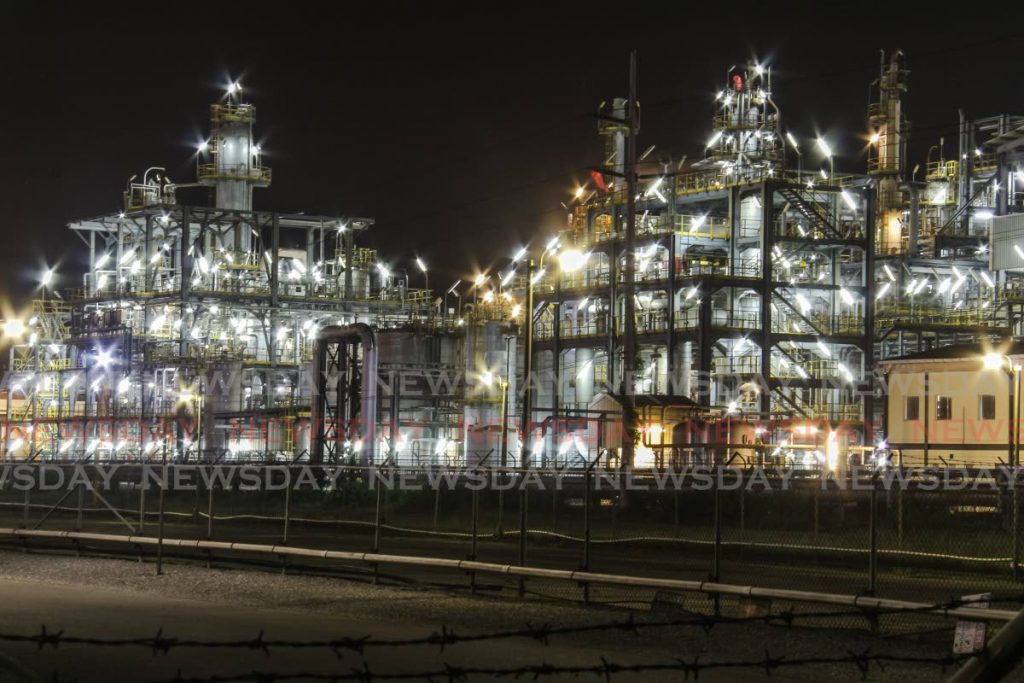Compromise needed on NGC, Methanol Holdings gas price dispute

April has only just begun but already its been a bad month for clean energy in TT.
First came news that Methanol Holdings (Trinidad) Ltd (MHTL) – part of the Switzerland-based Proman group – has idled two of its plants.
This came after MHTL and the National Gas Company (NGC) failed to renew a contract for the continued supply of gas owing to a disagreement over price.
NCG cited confidentiality clauses and said it would honour other gas sales contracts with MHTL, while MHTL said it had reached “the absolute limit of our flexibility on contract price and the terms and conditions,” but would continue to engage with NGC and the government.
Then came Wednesday’s apparent explosion at the newly commissioned NiQuan Energy Ltd plant at Pointe-a-Pierre, which raised a host of questions, concerns and uncertainties going forward.
The opening ceremony for the plant, which took place only a few weeks ago, was attended by the Prime Minister, who noted the troubled history of the project but was hopeful going forward that it would be “an opportunity for the country to gain some benefit from an investment which otherwise could not have been operationalised” and would result in the monetisation of gas resources.
All of this highlights the challenges of the gas sector, hit by sluggish prices and demand globally. The economic and social risks posed by this situation are all too clear, considering the shuttering of several facilities in our industrial sector in recent times.
With regard to NCG and MHTL, neither entity will want to sign on to a deal that is unprofitable or that simply does not result in the interest of shareholders and employees being served.
But the relative flexibility of multinational corporations to move on to more favourable sources of supply arguably places a particular burden on the state to protect the revenue streams generated by such companies, as well as employment.
Governments have in the past cited an unfair playing field when it comes to multinationals and have raised an assortment of tax issues in the past, but for the moment that has all been overtaken by the global economic situation caused by the pandemic.
Into the mix must be added a recent analysis of mining, oil and gas companies by ACCA (the Association of Chartered Certified Accountants) and the University of Glasgow Adam Smith Business School, which raised the issue of the need for more clarity and depth in climate change-related disclosures.
According to this analysis, only seven per cent of companies sampled provided performance indicators which integrated financial and climate change-related information.
Companies that are integral to a transition to cleaner and cleaner energy should have a special place in the state’s overall strategy, especially longstanding companies that are in a position to hand down expertise or that are making moves to broaden their horizons.
While it is hard to imagine a solution to the impasse between NGC and MHTL, it must be borne in mind that a compromise on both sides could have strategic implications beyond mere dollars and cents.


Comments
"Compromise needed on NGC, Methanol Holdings gas price dispute"